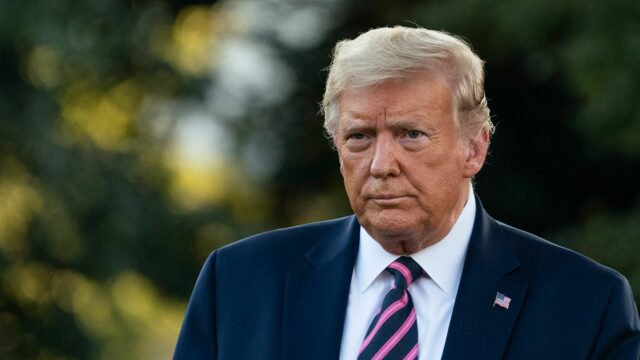
Donald Trump’s second innings as President of the United States may be notable for techno-nationalism resulting in restricted access, intensifying competition and the acceleration of the militarisation of AI.
That’s the assessment of Anirudh Suri, non-resident scholar at Carnegie India, who was a guest on The Gist.
In his view, Trump’s cry/slogan of Make America Great Again (MAGA) can be expected to push the boundaries of technology, disregarding regulation in favour of more innovation.
Trump’s eye will be on China, now seen as the main technology competitor to the US, but his team will be tracking other countries too, including those in Europe.
India must also closely watch the new players emerging in the AI space that appear to be forming the “Techno-Military Industrial Complex” (as opposed to the more traditional Military Industrial Complex).
“There’s a big shift starting to happen,” Suri says, “These are companies like Palantir, SpaceX that are stunning and real. The role of these new gen tech firms will accelerate. They are starting to take a bigger chunk of the Department of Defense budget. The markets are showing the stocks and shares of some of these firms have skyrocketed.”
Not that the traditional firms engaged in designing and producing military hardware are going to give up. They remain in business and are doing well but if one looks at the battlefield in Ukraine and the use of drones, it’s clear how wars are going to be fought in the future.
Then there is the role of personalities, strong men like Trump and Elon Musk, “There is rivalry and clashes between them and those are the dynamics we will see play out in the coming months.”
Where does India stand? It has some tech strengths and its geopolitical value as a partner against China may see Trump behave in a more benign manner. But that doesn’t mean India will get a pass.
Trump’s transactional approach means that million-dollar question will always be asked: what’s in it for America?
India will have to position itself to answer that question, and in pure technology terms, India must invest more in R&D in areas like AI, where it lags behind the US, China and Europe. Given that, it would make sense for India to push innovation in AI, regulation, safety, accountability can come later.
Suri makes another point in the context of the increasing use of software in military hardware.
“In our indigenous efforts and strategy, software and AI-driven software in particular must have bigger emphasis for us in order to develop situational awareness, domain awareness, multi-domain awareness on the battlefield. I think geospatial awareness will be very important for any battlefield going forward.”
Does India have the means to push it? In space, for instance, where India has a history and tech startups are emerging. So there are strengths, talent and a track record that could provide the foundation for innovation and excellence.
But government alone should not be involved because it does not have all the ideas. Private industry should step forward in a far bigger, better way than now
Thirty eight years in journalism, widely travelled, history buff with a preference for Old Monk Rum. Current interest/focus spans China, Technology and Trade. Recent reads: Steven Colls Directorate S and Alexander Frater's Chasing the Monsoon. Netflix/Prime video junkie. Loves animal videos on Facebook. Reluctant tweeter.




